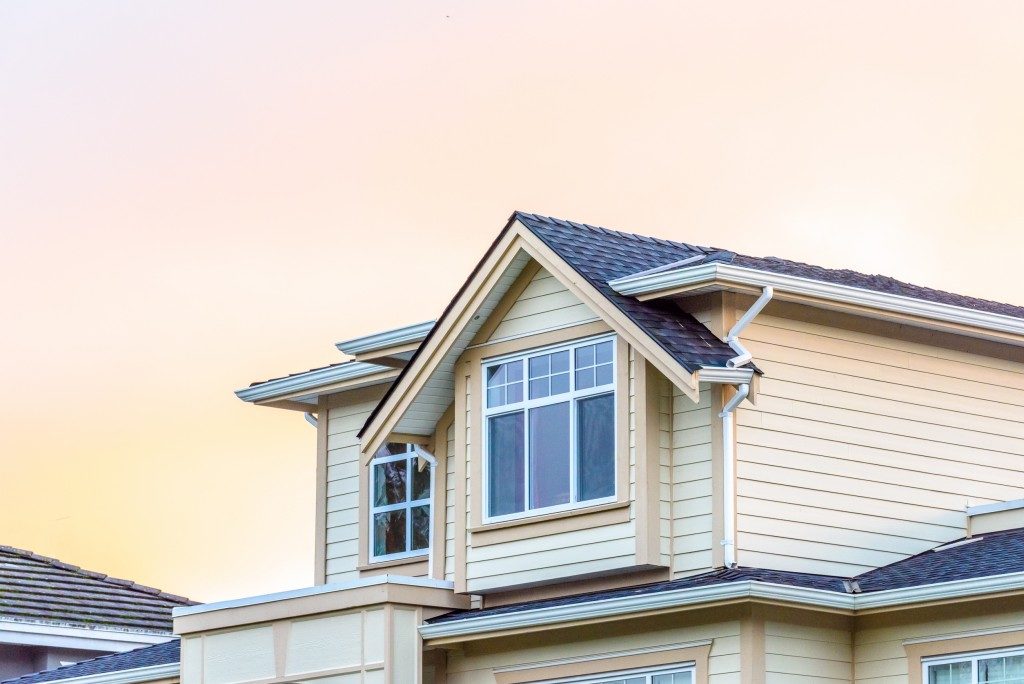Unlike in California where earthquakes are common, Salt Lake City, Utah doesn’t get a lot of tremors. But there are several faults that go across Utah. In 2019, Earthquake Track recorded 64 earthquakes of magnitudes 1.5 and greater.
Earthquakes are difficult to anticipate; it’s not a bad idea to keep your house earthquake-resistant. Earthquakes test the strength and reliability of a structure. Knowing how devastating an earthquake can be, it’s up to you to make sure your home is structurally safe in case a big one comes along.
How to Earthquake-Proof Your Home
Inspect Your House
While most injuries happen from flying or falling objects around your home, houses may fall apart during an earthquake. If your house is old, have a licensed engineer come in to inspect its structural integrity and to identify any weak spots. Remedy these issues as soon as you can to avoid safety risks.
Strengthen Your Foundation
Your house’s foundation will be affected by the soil and water conditions underneath it. Good soil is able to absorb rain so that erosion does not happen. Hire an engineer to determine if the foundation is stable. Depending on the findings, they may suggest repairs, such as mud jacking, which is common in Salt Lake City.
Brace Your Walls
Does your home have cripple walls? These are often placed in the small space between the foundation and the first story of the house. Typically made of wood frames, cripple walls act as shock absorbers during earthquakes. Strengthen these by attaching plywood bracing or diagonal bracing along the walls. This will help prevent the house from swaying and collapsing during earthquakes.
Reinforce Your Masonry Walls

Unreinforced walls, made of bricks or hollow clay tiles, are very common around the United States. But these pose safety threats during earthquakes because they can easily collapse and crush the people inside the house. Consider having steel frames added to masonry walls to reinforce them. Hire a professional to do this to avoid costly mistakes.
Check Your Utilities
When earthquakes occur, gas leaks from ruptured pipes can cause fires. Consider having an earthquake-activated shut-off valve installed to your home’s gas line to prevent leakage. You can also have flexible pipe fittings installed to prevent any ruptures. Put a bracing kit for your water heater to strap it into place and prevent it from swaying.
Inspect Your Interiors
Depending on the earthquake’s strength, the objects may be sent flying. Identify any heavy furniture and relocate them. Strap down bookcases and cabinets onto the wall to prevent them from toppling down. Do the same to televisions, refrigerators, and other heavy appliances. Inspect your light fixtures and ensure they are all secured and put on correctly. If you have any big glass mirrors or heavy frames hanging above your bed, consider moving them to a safer area of the house.
It’s wise to be earthquake-ready. While it is difficult to determine when it’ll hit, it’s good to be prepared by strengthening your home and ensuring its safety.

